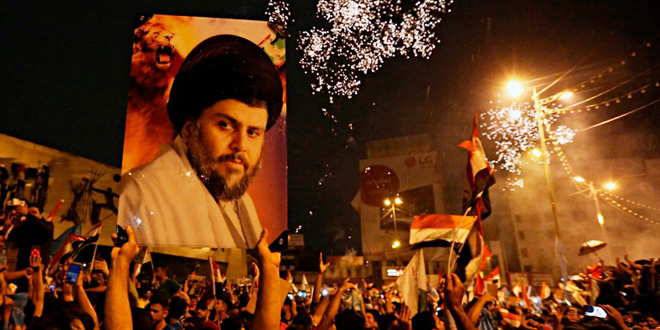
Jamshid Chalangi:
We begin tonight’s program with paying tribute to the memory and works of the late rIranian musician Nasser Cheshmazar, whose music had been banned from being played by the Islamic republic broadcasting organization.
We will also remember the veteran Iranian journalist/writer Hossein Mohri who died over the weekend in exile in Los Angeles.
We will continue our program with a special report on the economic activities of 128 Iranian entities whose financial revenues are exempt from any scrutiny by the central government, while the striking workers in Hepco factory demand their six months overdue wages to survive the harsh economic situation in the country.
Our guest tonight to discuss these topics with him is human rights activist Asfhin Afshinjam who would also talk about the billions of dollars of Iranian people’s wealth that have gone into the regime’s atomic program.
Afshin Afshinjam:
According to Ahmadinejad’s recent exposé, Iran has so far spent more than $30 billion on its nuclear program. There is another estimate of cost for this program by the Transport Minister Mr. Khoram who served under President Khatami. He puts the cost at $420 million in between 1990-1992 alone. Iran’s total annual budget for this year is $240 billion and you can make a comparison between these figures and conclude what a huge amount of money has gone into a program that has brought nothing but colossal financial damages and political crisis for our country.
Further more, the lack of investment in Iran’s industrial and agricultural sectors over the last 40 years has been colossal too and resulted in Iran going backward from what it was 40 years ago in these vital economic sectors that sustain the lives of millions who depend on their performance.
And the disaster is not finished yet and even if this regime falls we will have to face further massive backlash from decades of its plundering of Iran’s wealth and spending it on its malign and destructive policies.
Iran’s revenue from its oil since it first was discovered in the wells of Masjed Soleiman has been more than $400 billion.
Another major problem for our oil industry is that any foreign investment to revive this industry will face numerous obstacles as investors would not risk their capital in a country that no one knows who rules over it as rival gangs are vying to get the contracts with foreign companies for themselves and pocket the commissions and bribes.
No wonder most of the European countries are leaving the Iranian markets.
Jamshid Chalangi:
Do you think if the regime falls Iran will become a second Syria, as some suggest it will?
Afshin Afshinjam:
If you look closely at the Syrian situation you will notice that several countries are involved in its civil war and they are all responsible for the bloodshed that has killed more than half a million innocent people.
The Islamic republic regime is certainly an accomplice to the Russians’ and Assad’s crimes and once this civil war is over, the Syrian people will be holding Iran to account for what the regime has done to their country.
Jamshid Chalangi:
You have been involved in tourism industry and if today someone offered you a few billion dollars to invest it in this industry where would you spend it on?
Afshin Afshinjam:
If we revive Iran’s tourism industry we will be creating three million job opportunities with it.
Turkey attracts more than 22 million tourists every year and its revenue from this industry is equal to Iran’s oil revenue. We are not interested in attracting tourists to come to the holy city of Mashad and look for temporary marriage with widows or poor women. This is prostitution with a “religious” veneer.
Jamshid Chalangi:
At the end of tonight’s program we will update you on the opening of US embassy in Jerusalem.
Stay with us for this edition of Behind the Headlines and share it with your family and friends.
 khalijefars News, Blogs, Art and Community
khalijefars News, Blogs, Art and Community








